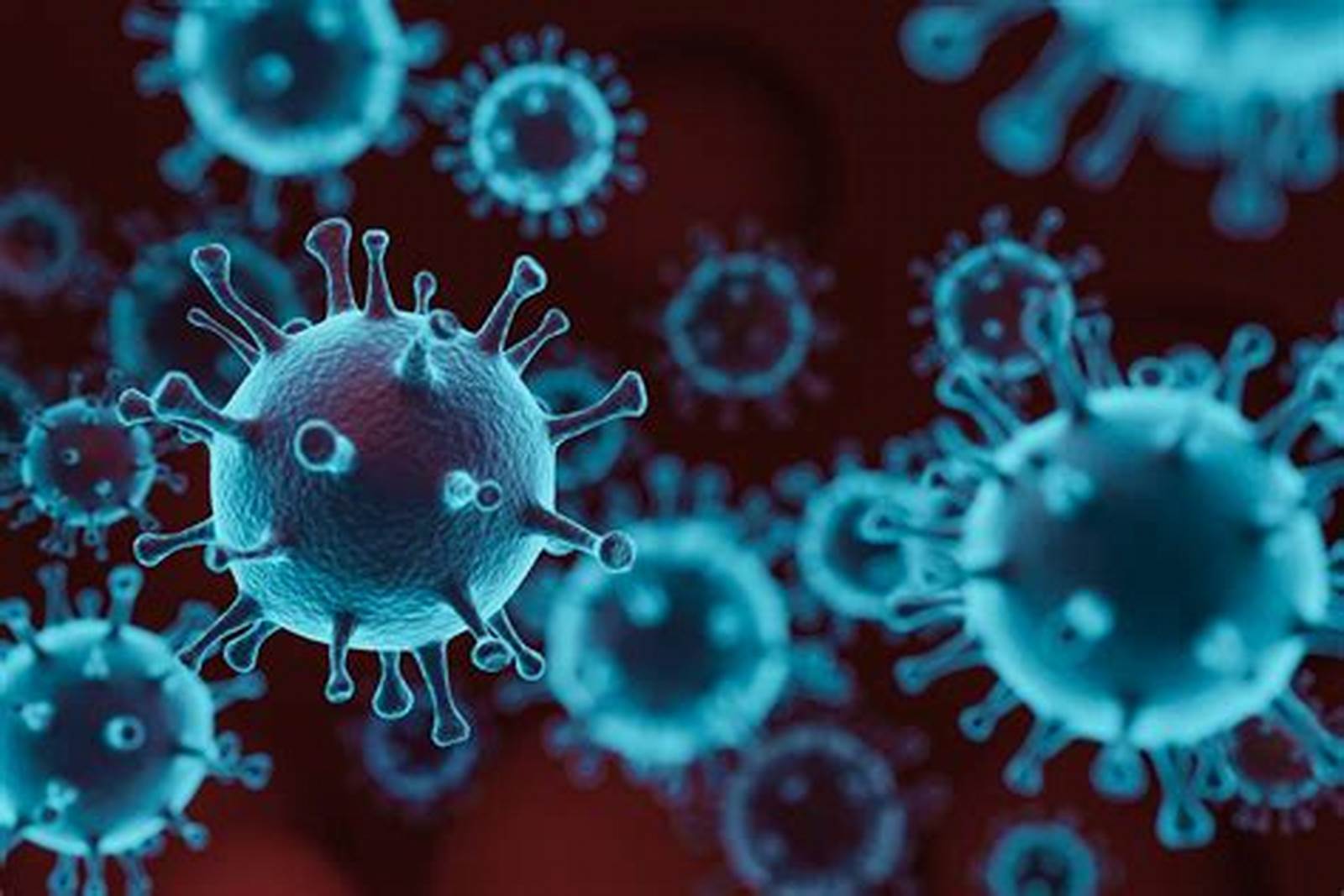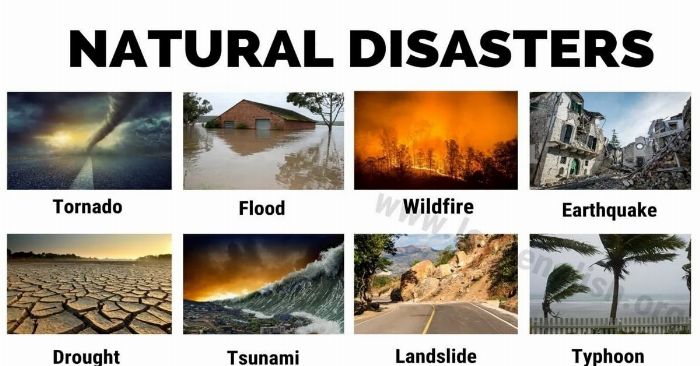Life and death basics
When ? According to the World Health Organization’s 2020 World Health Report, life expectancy averages 73.2 years in the developing nations and is approaching 80 years in some industrial nations. The causes and life-cycle timing of death are profoundly shaped by level of socio-economic development. Also shaped is the gender distribution of death. Globally, life … Read more








